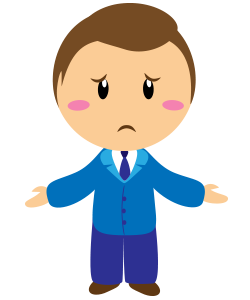ACCOUNT SUSPENDED
This account has been suspended.
Possible reasons:
- Unpaid invoices for hosting services.
- Severe hosting terms and conditions violation
- To find out more please contact hostbreak.com support team.
Account & data will be deleted in 10-days


